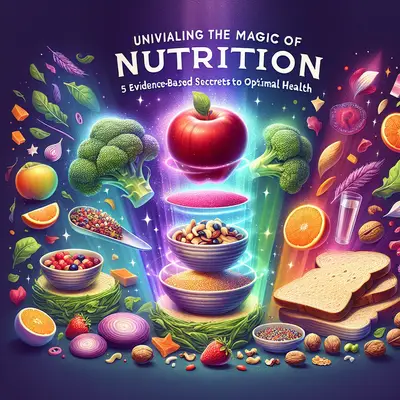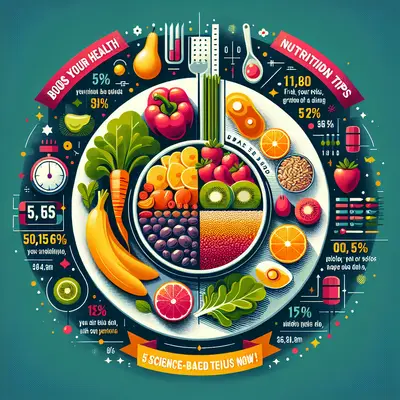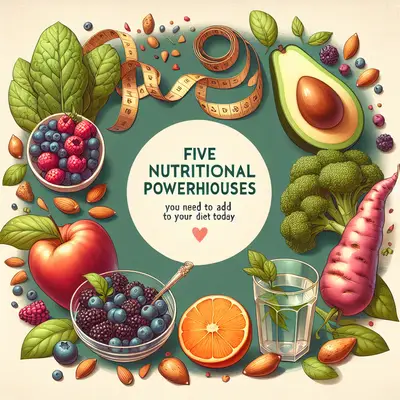The Power of Probiotics
Probiotics, the beneficial bacteria living in our gut, play a key role in maintaining our overall health. They aid in digestion, enhance the immune system, and even influence our mood[^1^]. An easy way to incorporate probiotics into your diet is through fermented foods like yogurt, kefir, and sauerkraut or high-quality probiotic supplements.
Embracing Antioxidants
Antioxidants are crucial in combating free radicals, unstable molecules that can cause damage to our cells[^2^]. They are found abundantly in fruits, vegetables, and certain types of tea. Regular intake of antioxidant-rich foods or supplements can help protect against chronic diseases such as heart disease, cancer, and diabetes[^3^].
The Magic of Magnesium
Magnesium is an essential mineral that supports hundreds of chemical reactions in our body. It aids in nerve function, muscle contraction, and even supports the health of our bones and heart[^4^]. Incorporating foods rich in magnesium like nuts, seeds, and green leafy vegetables, or using a high-quality magnesium supplement can help maintain optimal health.
Plant Proteins on the Rise
With the growing popularity of plant-based diets, plant proteins are gaining recognition for their health benefits. They are a fantastic source of fiber and can help lower the risk of heart disease, high blood pressure, and diabetes[^5^]. Incorporating a variety of plant proteins through foods or supplements can offer a balanced and healthful approach to nutrition.
Harnessing the Benefits of Omega-3 Fatty Acids
Omega-3 fatty acids are essential fats that our body cannot produce on its own. They play a crucial role in brain function, growth, and development, and can also reduce inflammation[^6^]. Foods rich in omega-3s include fish, flaxseeds, and chia seeds, but they can also be taken as dietary supplements.
Conclusion
Navigating the world of nutrition can be complex, but harnessing these five evidence-based strategies can help you elevate your health game in 2025. Remember, while nutritional supplements can be incredibly beneficial, they should never replace a balanced, whole-food diet. Always consult with a healthcare provider before introducing any new supplement into your routine.
^1^]: [Healthline: Probiotics
^2^]: [Mayo Clinic: Antioxidants
^3^]: [Harvard Health: Antioxidants
^4^]: [National Institute of Health: Magnesium
^5^]: [Harvard Health: Plant-Based Protein
^6^]: [Healthline: Omega-3 Fatty Acids



